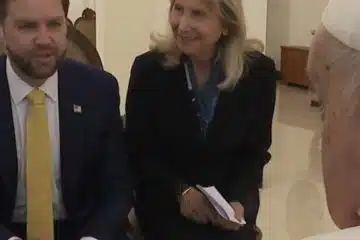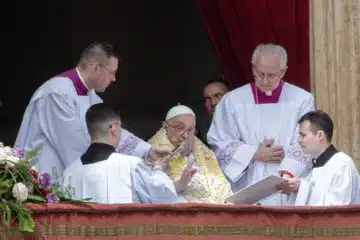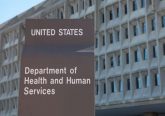Colorado voters fail to approve 22-week abortion ban, Proposition 115
CNA Staff, Nov 3, 2020 / 09:47 pm MT (CNA).- Voters in Colorado rejected a ballot measure that would have banned abortion in the state after 22 weeks of pregnancy, except in cases where a mother’s life is threatened.
Proposition 115 failed 59%-41%, with 81.5% of precincts reporting, according to the Associated Press.
If the ballot measure had passed, doctors would have faced a three-year license suspension for performing or attempting to perform an abortion of an unborn child beyond 22 weeks of gestation. Women would not have been charged for seeking or obtaining an illegal abortion.
Colorado has no laws regulating late-term abortion, making it one of just seven states in the country where abortions can take place up until birth. Each year, about 200 to 300 babies are aborted after 21-weeks gestation in the state.
More than 150,000 Coloradans signed a petition to put Proposition 115 on the ballot. Kristen Day, president of the Democrats for Life of America, told CNA that 19,000 Democrats signed the petition.
“Even Democrats oppose late-term abortion. 82% of Democrats and 77% of independents and 94% of Republicans oppose third trimester abortions,” she said. “It’s a very mainstream position.”
Opponents of the measure had a significant cash advantage in the weeks before the election.
As of mid-October, about $276,000 in monetary and other contributions have gone to groups supporting the proposition, according to records from the Colorado Secretary of State’s office. The Roman Catholic Archdiocese of Denver was the largest donor, giving about $50,000 to support the campaign, followed by several donors who have given $10,000 to $12,000 apiece.
Foes of the measure had given over $5.7 million in cash and other contributions, mainly to the group Abortion Access for All. Planned Parenthood of the Rocky Mountains had given over $1.15 million, the D.C.-based North Fund had given $1 million, and the Planned Parenthood Action Fund had given over $500,000. Cobalt Advocates, formerly known as NARAL Pro-Choice Colorado, had given over $438,000 and the Planned Parenthood Federation of America had given $400,000.
More than 130 medical professionals and scientists in Colorado signed a letter in support of Proposition 115, stressing that babies born at 22 weeks are often able to survive, with some medical centers in the U.S. having a 70% survival rate for premature babies born at this age.
“With advances in medical science, it has become obvious that the fetus is much more than ‘just pregnancy tissue’, as some would claim. There can be no equivocation that the fetus is a living, learning and actively participating human being,” the signers of the letter said. “Every one of these lives has inherent value and dignity. They deserve to be embraced and protected by the citizens of Colorado, as equal members of our society.”
The Catholic bishops of Colorado spoke out repeatedly in favor of the ballot measure.
In a September 27 letter, Archbishop Samuel Aquila and Bishop Jorge Rodriguez called on Hispanics in the Archdiocese of Denver to uphold the values of life, children, and family that are so prominent in their culture.
“Let us not allow propaganda, social media and the promoters of the Culture of Death destroy that richness of our faith and our Hispanic tradition: We are and will be a people for Life,” the bishops said.
“Rest assured that your ‘Yes’ to Proposition 115 will have innumerable consequences for the lives of many children who, within their mother’s womb, count on you for life,” they said.
Praying outside a late-term abortion clinic in Boulder in September, Archbishop Aquila emphasized the importance of the pro-life community offering resources and support as alternatives to abortion-minded women.
He said he hopes the Church can show women facing difficult pregnancies “that there are many other options, and that there are people who will walk with them, who will accompany them, who will help them to carry the child to term and well beyond.”
In 1984, Colorado voters passed a constitutional amendment banning public funding of abortions except to prevent the death of the mother. In 1998, they passed an initiative requiring parental consent and a waiting period for minors who seek abortions.
Other abortion-related measures have not succeeded in the state. The 2008 and 2010 Colorado ballots included two slightly different personhood initiatives, which tried to define a person under state law to include every human being from the moment of fertilization or “from the beginning of biological development,” respectively. The 2008 proposal won under 27% approval from voters, while the 2010 proposal received under 30% of votes.












